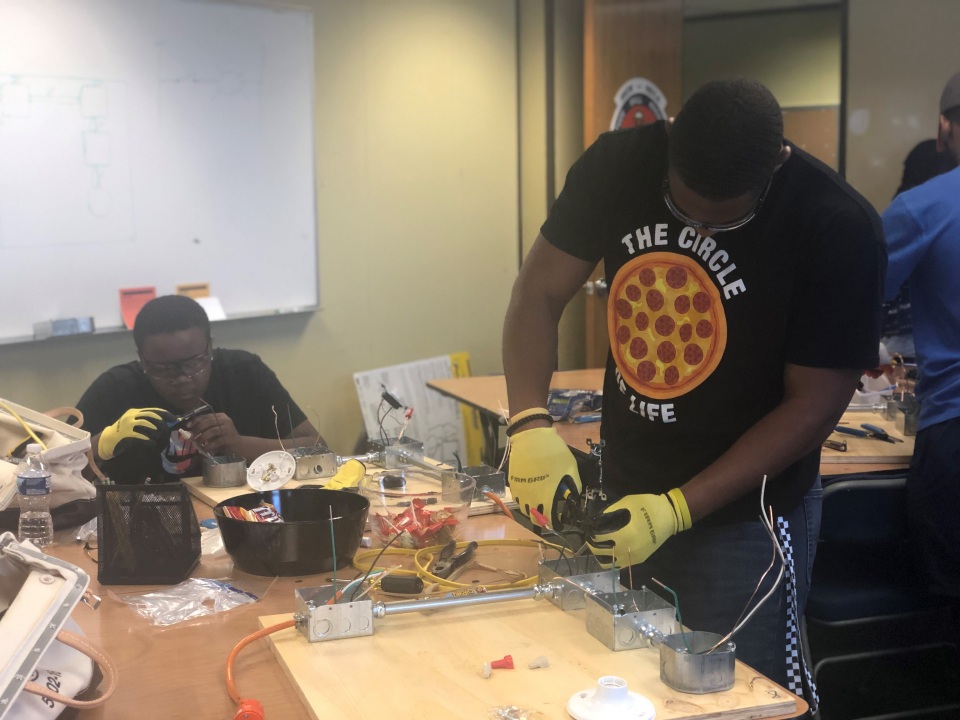Build a skilled workforce with a registered apprenticeship program ... more
Pre-Apprenticeship Improves Diversity

Industry
- Other
Pre-apprenticeship programs prepare people to succeed in a Registered Apprenticeship. Pre-apprenticeships can target high school students and youth, as well as those exploring a career change.
“Pre-apprenticeship helps build up candidates who may not have the necessary qualifications to be considered for a Registered Apprenticeship; it levels the playing field,” says Axford. “It’s also a great way to diversify an employer’s talent pool to bring in non-traditional and historically excluded candidates. With the current talent shortage, pre-apprenticeship is an excellent way to expand your reach and find even more great candidates.”
Similar to Registered Apprenticeship programs, pre-apprenticeships require an approved curriculum and support services for learners. They provide some hands-on experience but do not displace current workers. After successfully completing a pre-apprenticeship, individuals are given the opportunity to move into a Registered Apprenticeship program with the employer.
What makes a successful pre-apprentice? “Desire,” responds Axford. “I believe that it is the one thing we cannot teach, and having it ensures success. If someone is attracted to the industry and has that spark and willingness to learn, we can teach them what they need to know. It doesn’t matter who that person is, if they are excited, eager, and want to learn the trade, they can succeed.”
Axford encourages parents, career counselors, and teachers/administrators to learn more about apprenticeship. “Until these influencers come on board, students will still believe Registered Apprenticeship is a second or third career option versus a first choice. Switching career pathways causes both the individual and the employer to lose many good years of employment.”
“The community and service providers also need to understand the benefits of pre-apprenticeship,” adds Axford. “Once they understand your hiring needs, word-of-mouth becomes a great way to find the right applicants to build that talent pool. This extends your reach, and the community can create that talent pipeline for employers.” Axford gives an example of partnering with NAWIC (the National Association of Women in Construction) as a way to encourage girls in high school to get into the trade. Other partners like NC Works and NC Works NextGen also provide a pathway for employers to connect with interested applicants and greatly diversify their talent pool.
There is a front-end investment to set up a pre-apprenticeship program, but the returns often come quickly as the program builds momentum. “There are tremendous benefits for the employer,” says Axford. “Apprenticeship programs often provide ‘spillover’ benefits in terms of training for other employees, and many managers come from the apprenticeship track. There’s also a loyalty factor. People who haven’t found their career pathway and come into a program often end up as life-long employees. They don’t jump the fence for a better offer, so your training investment isn’t wasted. In my experience, employers are finding ROI almost right away.”
Visit Apprenticeship.gov to learn more about Pre-Apprenticeships or contact your ApprenticeshipNC consultant today.
